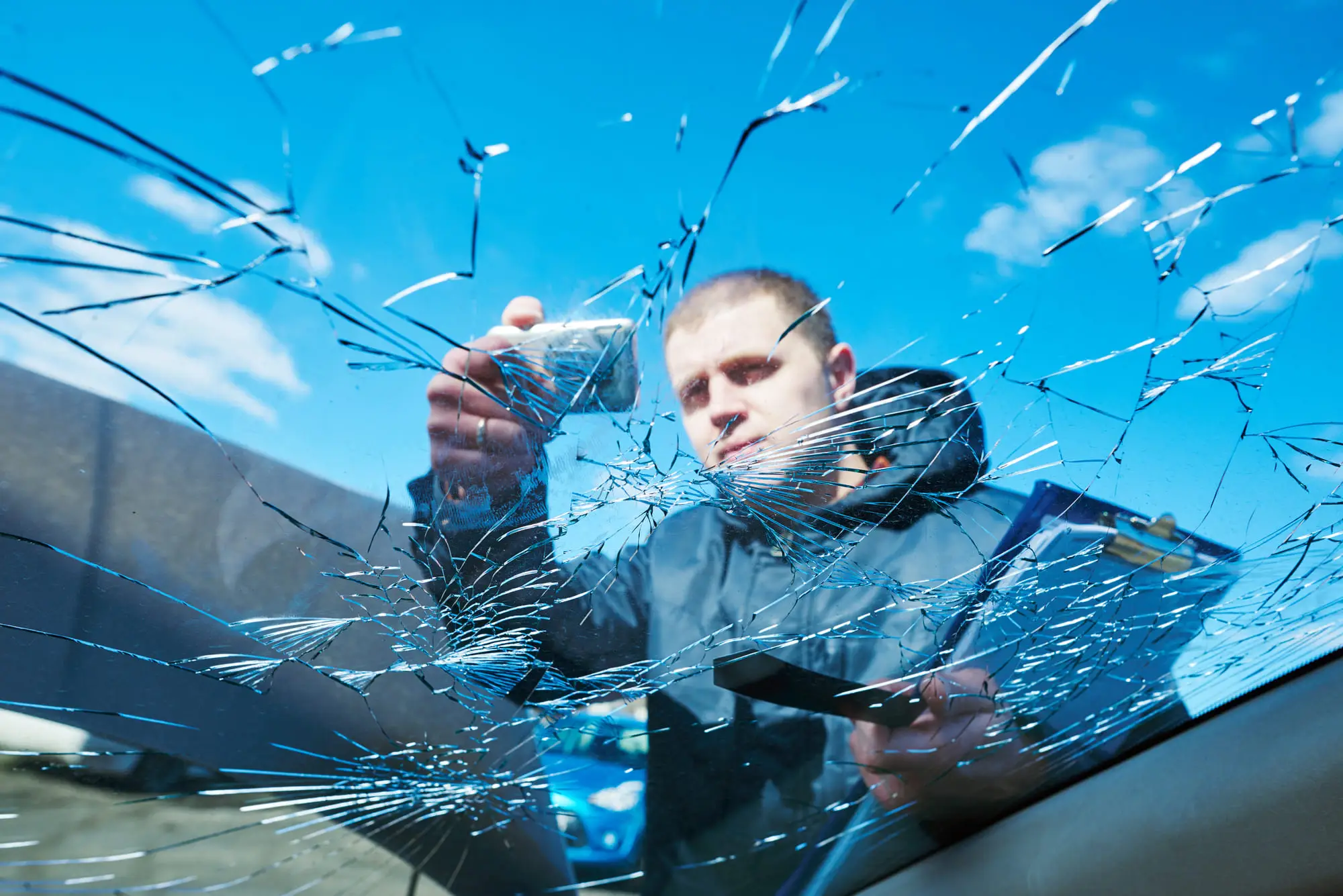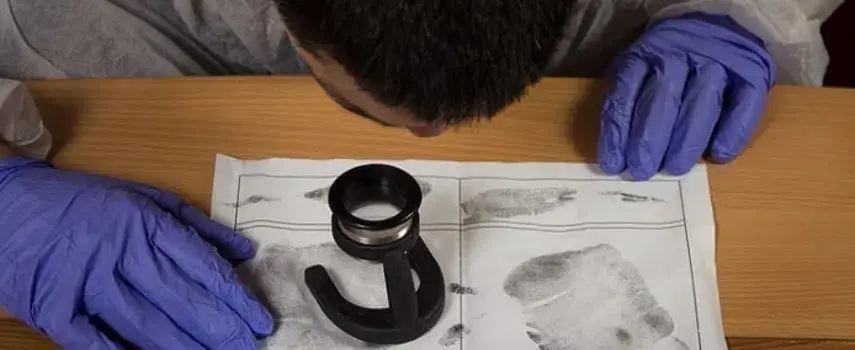If you are involved in a lawsuit, you may be wondering, What is an Expert Witness? In personal injury actions, expert witnesses make or break your case. For this reason, defendants challenge a plaintiff’s experts. They ask the court to preclude them. This means the defendant doesn’t want the expert to testify at the time of trial. When this plaintiff’s neurological expert testified, the defendant tried to block it.
What Does an Expert Witness Do at a Trial?
A car crash injured this victim. A Greyhound bus and limousine collided. The victim was in the limo. He claimed that during the accident his head slammed against his side window. Both drivers exited their vehicles after the crash. The plaintiff became faint and dizzy, started to shake, and found that he needed to sit down. The accident caused a stroke. A report from the hospital described the results of two tests. An echocardiogram showed a large blood clot. The Expert Witness explains the hard issues to a jury. The injured driver hired a neurological expert. The doctor planned to testify to certain things.
Specifically, that the accident caused the stroke. The doctor also looked at a medical report, issued eight weeks after the hospital report. This records stated that the clot and plaque disappeared. He also concluded that this situation was an unlikely occurrence which suggests the first report was possible “artifact”. If the clot was present at the time of the accident the trauma could have caused the stroke.
The Trial

At trial, the Greyhound bus driver’s attorneys served a pre-trial motion (called a motion in limine) seeking to preclude all of the plaintiff’s expert witnesses.
The trial judge conducted a Frye hearing. This means the judge decides if the expert can speak at trial. Basically, what is an Expert Witness allowed to say?
There is no need for a scientific consensus, just that those supporting the opinion have followed generally accepted scientific principles.
The Appeal
The court granted the motion as to the neurologist and precluded his testimony. The injured limo driver appealed. The appellate court held that while the trial court has broad discretion to rule on the admissibility of evidence, it should not have granted the part of defendants’ pre-trial motion seeking to preclude plaintiff’s neurological expert from testifying, thereby preventing this injured driver from proving his case. The appellate court reversed the previous decision.
It said that while the doctor’s report provided grounds to impeach his anticipated trial testimony as to where the embolus that caused the stroke had been formed, it merely created some doubt as to the initial source of the embolus. The appellate court did not believe that a Frye hearing was necessary. What is an Expert Witness if they can’t testify, after all? Accordingly, the appellate court directed the case back down for a trial on the merits. If you have been injured in any type of accident, please do not hesitate to contact our law firm.


